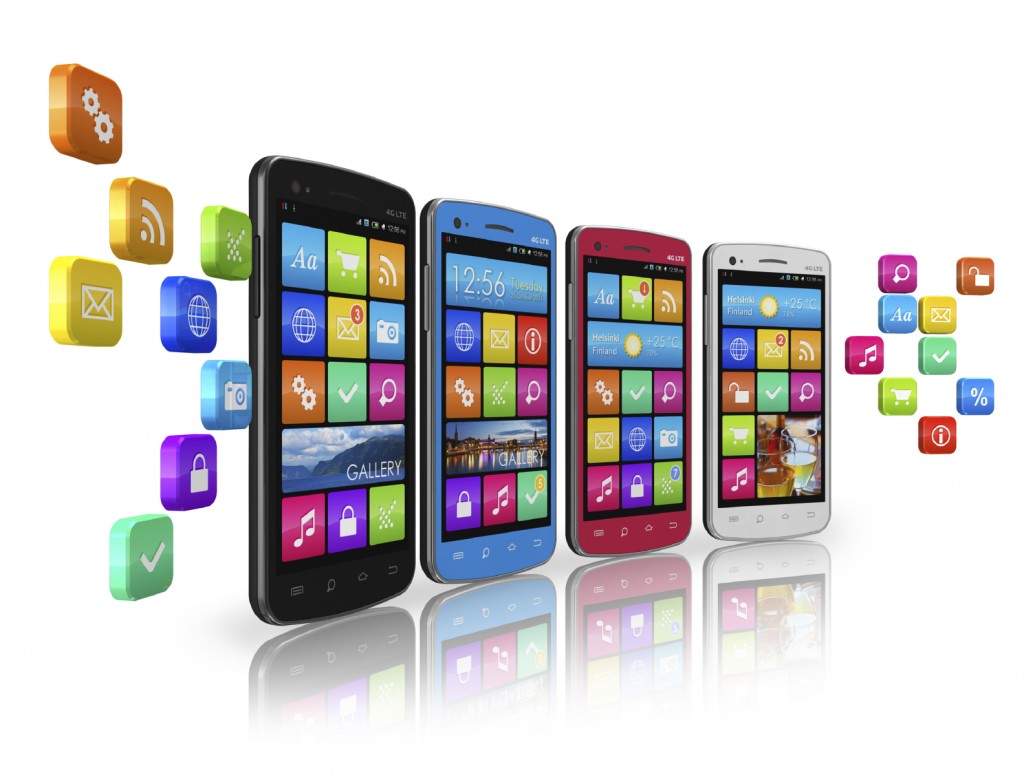ComScore says that mobile browser traffic is double than mobile app traffic, WEB is winning.
Recently comScore released its mobile app report which contained many interesting findings, but its big takeaway was: consumers spend the majority of their mobile time with few heavily used apps. As per the report, the app is winning, capturing 80-90% of our time on mobile. However, according to a new report on Google, US mobile browser traffic is still twice the size of the mobile app audience, and has grown 61% per year, compared against average app audience have growth of 51% in the same period. Now looking at both the statements, the question which arises in our mind is that which statement is true. Actually, both are right at their places.
Using comScore data, leading report says the web is winning. As a practical matter, its absolutely correct. Most publishers will see the bulk of their traffic from mobile browser usage and not apps. The reason isn’t because the browser is somehow superior or that the “open internet must win.” The browser drives more traffic because consumers are highly selective about apps. That becomes great news for those who are facing higher and higher mobile user acquisition costs as premium in-app inventory dries up. Also it’s great news for brand marketers, who are continually looking for ways to reach new customers.
As per the report released last week by comScore, the argument becomes more confusing as it says that 87% of all time spent on mobile in the U.S. was spent in mobile apps. According to this, we are not only spending almost 9 out of every 10 minutes in apps, but also that number has increased to 90% since 2013, while mobile web time has grown only 53% in the same period. It points out that only 12 of the top 50 mobile properties have more traffic coming from apps than the browser. The discussion argues for the primacy of the mobile browser for most publishers, brands and marketers. So according to comScore, the app is winning.
Because of the mediocre quality of most apps and smart-phones memory constraints, users are only going to download and engage with a small fraction of the apps on the market. For example, one may have one or two retailer apps on his phone, say Amazon or Walmart, though he may shop at many more stores. Nobody will download 10 different retail apps. Instead, he’ll use search and the browser to find information from retailers he is more casually invested in. Most of the mobile users spend massive numbers of hours in Subway Surfer or Game of War, blowing 80% of their time in just five favorite apps, while they might also visit 10 or 15 mobile web sites of companies that they’re checking out, and spend just a few moments on each. Mobile “traffic” — read unique visitors — are up on mobile web, but mobile time is also up on apps.
The apps vs. mobile browser discussion is really about user behavior patterns and audience segmentation. As a crude generalization, the browser is for more casual audiences and apps are for more frequent and loyal customers. Putting aside “ideology,” marketers need to have a clear view of what approach makes the most sense for them based on a realistic understanding of the customer and her behavior and usage patterns. 2015 to 2018, this period is expected to have great shift in mobile development technology, user patterns and usage time. Lets see, what’s coming next.
Brands are bridging the gap between apps, ecommerce and social media marketing
Brands are spending 9% of their marketing funds for social media marketing. As per the studies conducted by leading marketing company, the mobile traffic to e-commerce websites have increased from 3% to nearly 37% in the previous years. This is enhanced by the advancement in the mobile app technology and its relevance in the life of the consumers. Only 33% of consumers trust advertisements whereas 90% trust the products recommended by their friends and peers.
Android AI Assistant
The advancement in this sector has been a humongous one. There was a time when the Siri was the highest achievement in AI which is of course not the same anymore. With AI giants like Google assistant, IBM Watson, and Sophia, Android AI is uplifted like never before. It’s like AI is spreading its root in every corner of the globe. Even the homes are becoming smart and AI equipped with Google Home and Amazon Alexa. 51% of the AI market share is consumed by the Google Assistant.












Leave a comment